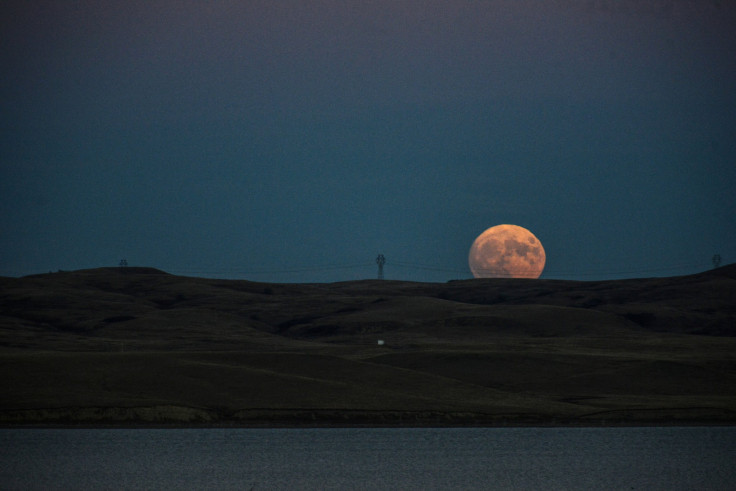Supermoon November 2016: Will Human Behavior Be Affected By The Massive Full Moon?

The full moon of Nov. 14 — dubbed a supermoon — will be the closest to Earth this century. According to NASA, the full moon won’t come this close again until November 25, 2034.
According to astronomers, a supermoon is simply an intensified full moon. You’ve probably heard that these phases have an impact on human behavior and cause people to act wild, but is there any scientific backing to the “lunar effect?”
Swiss researchers in 2013 found that people slept for 20 minutes less, on average, when there was a full moon, The Telegraph reported.
“A brief loss of sleep might mean very little to you or I,” Dr Niall McCrae, a lecturer in mental health at King’s College London and the author of 'The Moon and Madness,’ told the publication. “But for somebody [with] a condition like bipolar affective disorder [formerly known as manic depression] who may be on the cusp of going into a manic phase, that could be a significant trigger...For someone with mental health problems, it can be something that sets off a more significant episode of psychological distress.”
But, is there any truth to the notion that full moons bring out wild behavior?
Hospital employees across the US are convinced that these phases invite chaos into emergency rooms and delivery wards. Just last month, the Wall Street Journal reported that the majority of staff in a hospital in Connecticut were convinced that a full moon meant a busy night ahead.
“Anyone who worked in those institutions, old nurses and guards, they will tell you with utter conviction that there was a lunar effect on wards at night,” Dr McCrae told the Telegraph. “But because they weren’t observing in a scientific way, their observations have been dismissed as anecdotal.”
Read more:
The Werewolf Diet: Eating To Lunar Calendar Helps You Lose 6 Pounds In 24 Hours, Claims Say
‘Sun Eating Diet’ vs. ‘Moon Diet’: All You Need To Know Before Taking On These Fads
Published by Medicaldaily.com



























